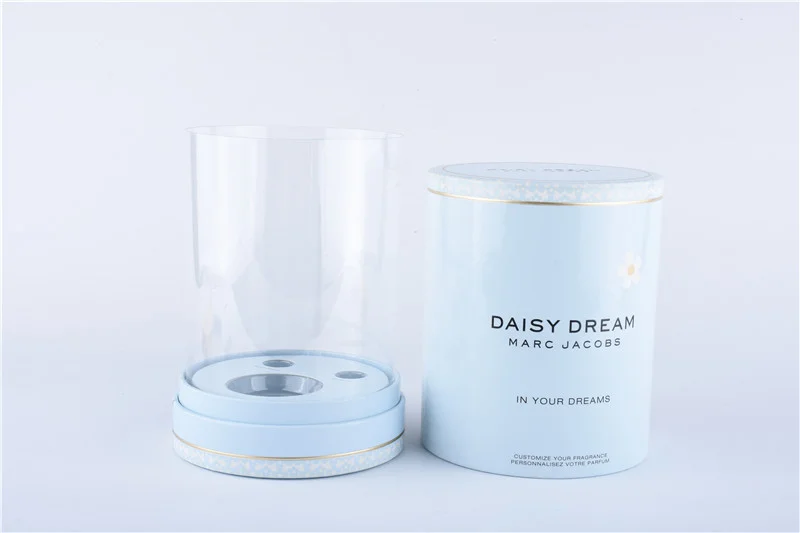Unveiling the Environmental Advantages of Compostable Packaging

Compostable packaging has gained significant attention in recent years due to its potential to reduce environmental impact. This article explores the various environmental benefits associated with compostable packaging, shedding light on its role in waste reduction, resource conservation, and carbon footprint reduction.
- Waste Reduction:
Compostable packaging offers a sustainable alternative to traditional packaging materials, such as plastic and Styrofoam. By utilizing organic materials that can be broken down into compost, it helps divert waste from landfills. This reduces the amount of non-biodegradable waste that takes years to decompose, minimizing the strain on landfill capacities and promoting a circular economy. - Resource Conservation:
Compostable packaging is often made from renewable resources, such as plant-based materials like cornstarch, sugarcane, or bamboo. Unlike conventional packaging, which relies heavily on fossil fuels and non-renewable resources, compostable packaging helps conserve these valuable resources. By utilizing renewable materials, it contributes to a more sustainable production cycle and reduces the reliance on finite resources. - Carbon Footprint Reduction:
The production and disposal of traditional packaging materials contribute significantly to greenhouse gas emissions. Compostable packaging, on the other hand, has a lower carbon footprint. The use of renewable resources in its production, coupled with the ability to break down into compost, reduces the emission of greenhouse gases during both the manufacturing and disposal processes. This makes compostable packaging a viable solution for mitigating climate change. - Soil Enrichment:
Compostable packaging, when properly composted, breaks down into nutrient-rich compost. This compost can be used to enrich soil, improving its fertility and overall health. By returning organic matter to the soil, compostable packaging supports sustainable agriculture and reduces the need for synthetic fertilizers. It also helps retain moisture in the soil, reducing water consumption in agricultural practices. - Consumer Awareness and Perception:
The rise of eco-conscious consumers has led to an increased demand for sustainable packaging options. Compostable packaging not only aligns with consumer values but also enhances brand reputation. Companies that adopt compostable packaging demonstrate their commitment to environmental stewardship, attracting environmentally conscious consumers and gaining a competitive edge in the market.
Conclusion:
Compostable packaging offers a range of environmental benefits, including waste reduction, resource conservation, carbon footprint reduction, soil enrichment, and improved consumer perception. By embracing compostable packaging, businesses can contribute to a more sustainable future while meeting the demands of eco-conscious consumers. As we strive for a greener and more sustainable world, compostable packaging emerges as a promising solution in the realm of packaging materials.



